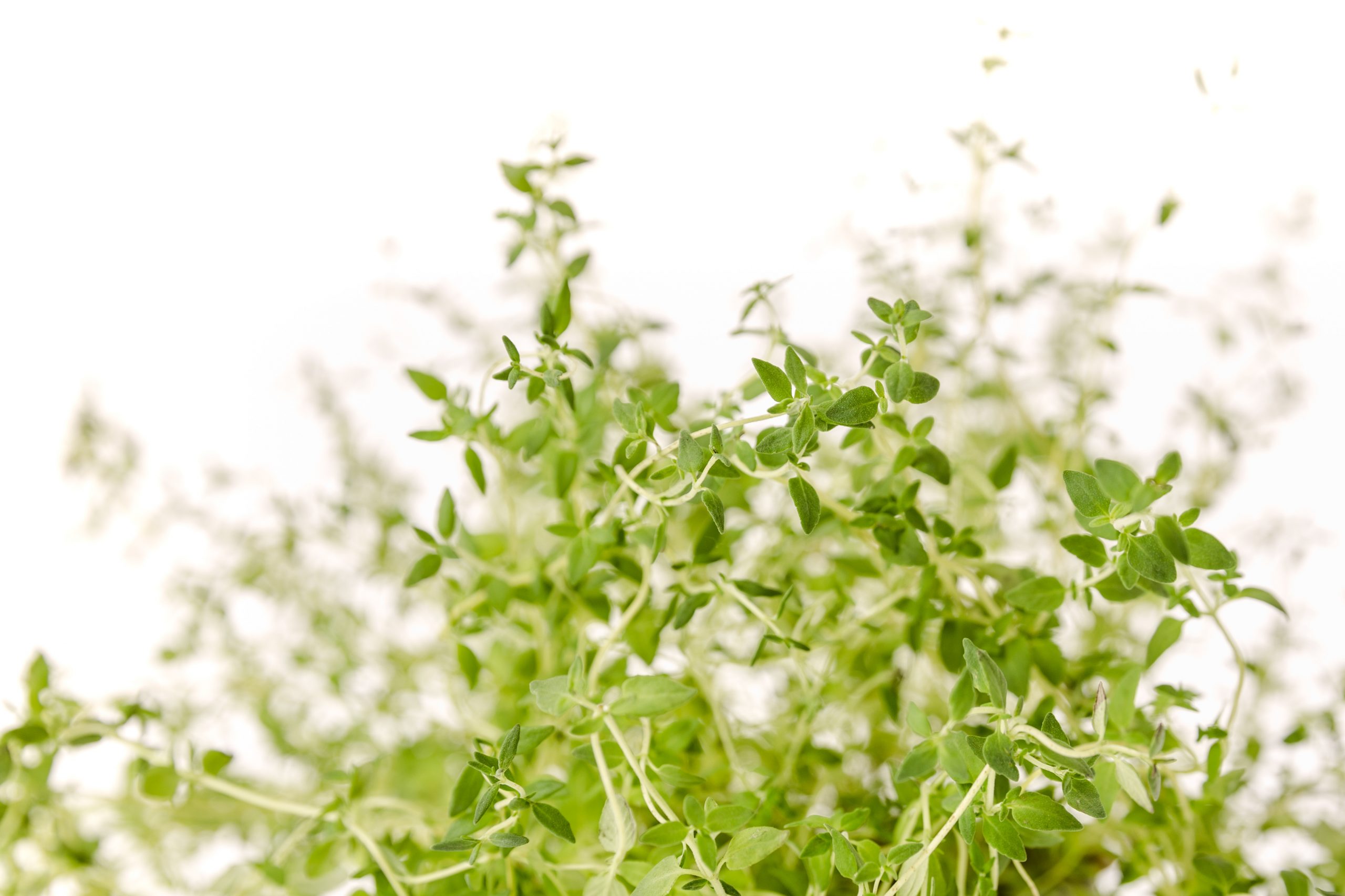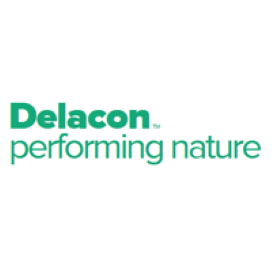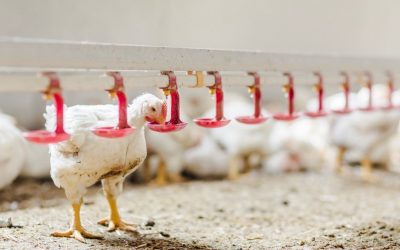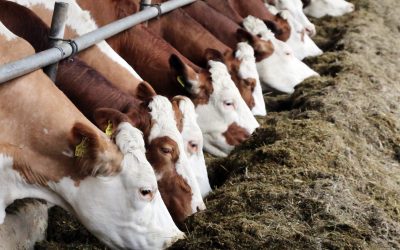Plant Extracts – good(s) by nature

Plants have way much more to offer than someone might probably think – they are little miracles of nature. With the natural power of plants and exploring as well as documenting their modes of action for the benefit in animal nutrition, we are on a good and promising path – a path we should stay on.
Consumers of today are critical. They are highly involved with what they eat and how it is produced. Meeting their rising demands for sustainable agriculture and livestock farming, including animal welfare or natural plant-based feed ingredients seems difficult. But most of all, the idea of safe foods, produced in a way, which does not require the quantities of drugs, especially antibiotics, must be given top priority. And yet – there are ways, natural ways, we could go, in order to meet these demands, or at least to closely approach. The answer comes from mother nature herself.
Plants are all around us
As far as anyone can remember plants have been all around us. They feed us (directly or indirectly), they produce oxygen (photosynthesis), they provide us with energy (incineration, fuels), they clothe us (cotton), they serve as material (paper, wood), they embellish our environment (decorative plant) and they are semi-luxury food like coffee, tea, herbs and spices.
But above all, they have always played a key role as remedies as well, especially before the advent of synthetic drugs. And this not only applies to humans – animals also benefit from these little miracles of mother nature. So, let´s have a closer look at these precious ‘allrounders’, their actives, and their positive impact on livestock production.
Secondary plant products – the key
Plants consist of ‘primary’ and ‘secondary’ products. Water, vitamins, carbohydrates or proteins are counted among the primary products, whereas essential oils, bitter constituents, pungent constituents, pigment or phenolic substances belong to the ‘secondary’ products.
Primary products act as basic modules for the plant and are responsible for growing, photosynthesis and other vital functions. Secondary plant products are not essential for plant life, though these substances undertake specific, ecological functions, such as protection of predators and stress thus resulting in an increasing fitness level of the plant. Be it to attract insects in the course of the pollen transmission or to attract animals which pick up the fruits of the plants, thus bringing forward the seed dispersion – their functions and the interactions between plant and environment are rather multiple throughout a life-cycle of a plant. After all, plants (or plant products) pharmacological properties are mainly due to the biologically effective level of these secondary metabolites.

‘Phytogenic’ and its relevance in animal nutrition
The term phytogenic feed additives (PFAs) was coined nearly 3 decades ago by Delacon, which even then recognised the potential of plants to meet challenges in animal nutrition. Phytogenic feed additives, commonly defined as plant-based feed additives or botanicals, represent a group of natural substances, derived from herbs, spices, other plants and their extracts, and are used in animal nutrition – a natural alternative for livestock producers and companies developing antibiotic-free feeding programmes.
They can consist of many different active ingredient groups, such as pungent substances, bitter substances, essential oils, saponins, flavonoids, mucilages and tannins. Owing to this wide range, PFAs offer much more than flavouring properties. The effects are many, while mostly targeting the enhancement of livestock performance (e.g. increased enzymatic activity in the intestinal tract, improved nutrient utilisation, antioxidant effects, improved gut integrity…), whilst reducing ammonia, methane and other greenhouse gas emissions that arise in the curse of animal production.
Notably, PFAs using plant extracts show wider modes of action in animal nutrition compared to chemical nature-identical substances. This advantage is based on the synergistic effects of all agents within a plant, which have not been reduced to the effects of a single lead substance. This natural synergy, combined with sustainability, environmental protection, increased animal welfare and safety, makes PFAs a top solution platform in multispecies animal nutrition.
Author: Dr Elisabeth Rohrer, Technical Communications Manager, Delacon




